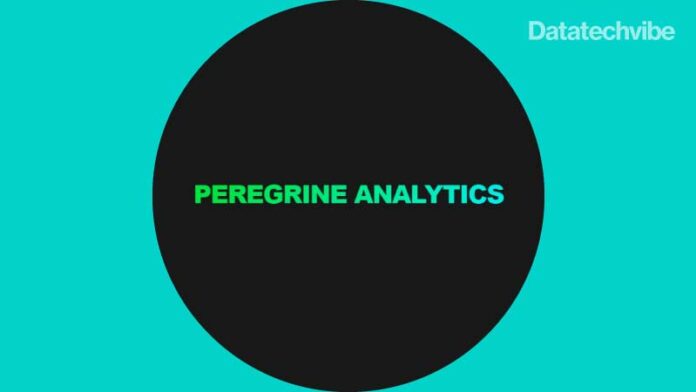Peregrine Analytics, a provider of analytical solutions for the energy sector, has introduced an AI-powered technology designed to analyse and predict asphaltene behaviour in crude oil. The solution aims to advance decarbonisation and transition to cleaner energy while enhancing efficiency and sustainability in the operations of oil and gas companies.
Asphaltene, a complicated organic compound in crude oil, poses significant challenges for energy companies as they shift towards cleaner energy and decarbonise their operations. Peregrine Analytics’ cutting-edge solution leverages AI and machine learning to deliver near real-time insights into asphaltene behaviour, which streamlines the transition to cleaner and more sustainable energy sources.
The PeregrineIQ platform is a subscription service with advanced developed hardware to support speedy results. The platform’s real-time data analysis and visualisation tools, expert support, and training make it easy and user-friendly for energy companies of all sizes to implement and benefit from the technology.
PeregrineIQ offers advanced machine learning algorithms that enable near real-time asphaltene testing and valuable insights, flexible and customisable design for specific analysis, and real-time data analysis and visualisation to reduce costs, optimise operations, and achieve sustainability objectives.
“We are thrilled to launch this game-changing technology, which represents a significant step forward in the analysis and prediction of asphaltene behaviour in crude oil and the broader decarbonisation and transition to clean energy,” said Managing Director Justin Last. “Our technology will enable energy companies to optimise their operations, reduce costs, and achieve their sustainability objectives in the transition to cleaner energy.”
A recent research exercise has suggested that asphaltenes may have the potential as a feedstock for renewable energy production. While the exact nature of this potential is still being explored, a testing service that can accurately assess the composition of asphaltenes could be a valuable tool in this research.
While testing asphaltenes may not be the most obvious solution to the challenge of decarbonisation, it could be an important piece of the puzzle. Asphaltenes testing could improve the effectiveness of Carbon Capture & Storage technologies, optimise refinery processes, and contribute to research on renewable energy feedstocks. With the right investment and innovation, testing asphaltenes could be a valuable tool in the fight against climate change.









